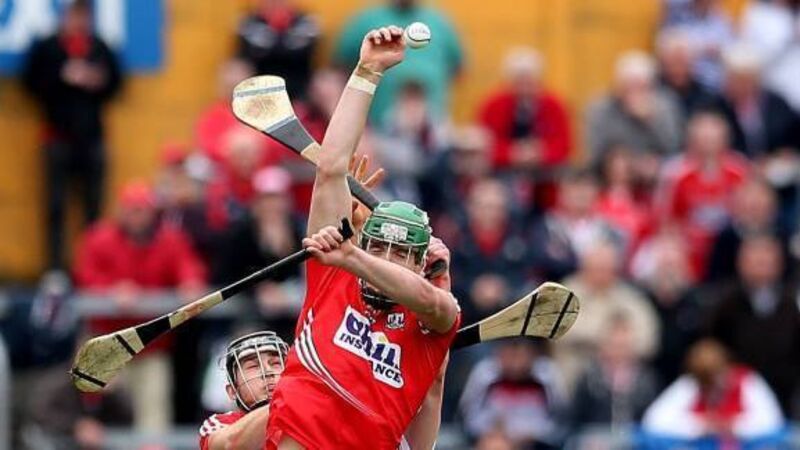Maintaining dual mandate at heart of Cork’s woes

“Where are we going with the game?” In the wake of a miserable weekend for Cork GAA, we’ll start there. The Cork hurlers were destroyed by Galway on Sunday, losing by 12 points, and the Cork footballers were well beaten by Kildare on Saturday evening — the eventual margin of defeat was nine points.
Yesterday on Leeside, there was plenty of gloom to go around. Take the specifics: Cork’s six-day turnaround for the Kildare game is getting a lot of attention. What isn’t is the Munster Council’s reluctance to fix the provincial football final replay for the night before the Munster hurling final, which would have given the losing team a two-week break to the qualifiers.












